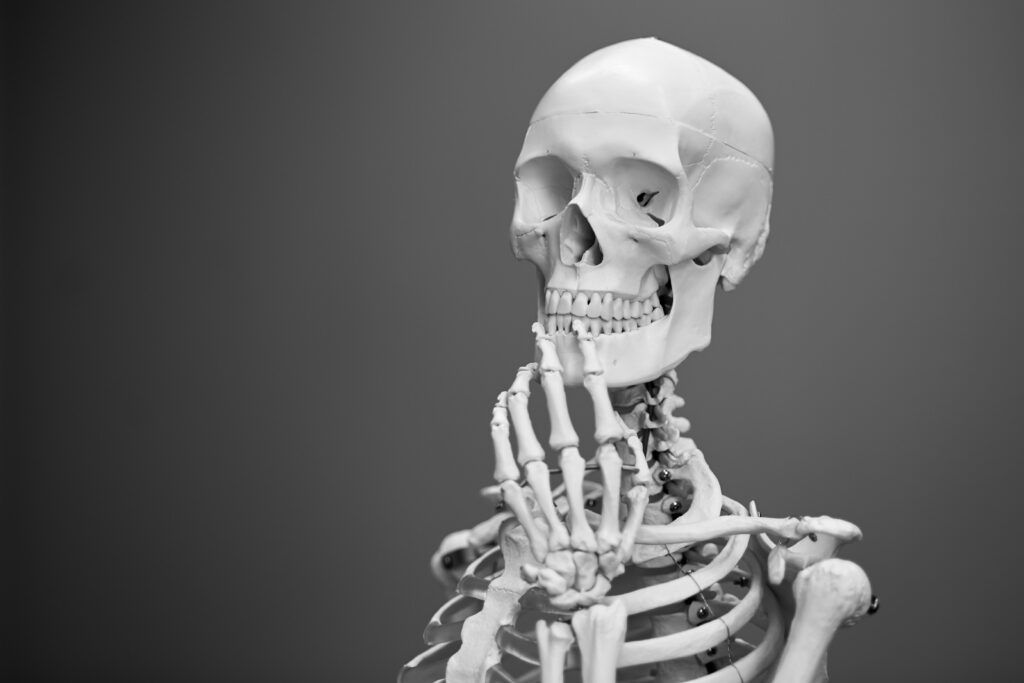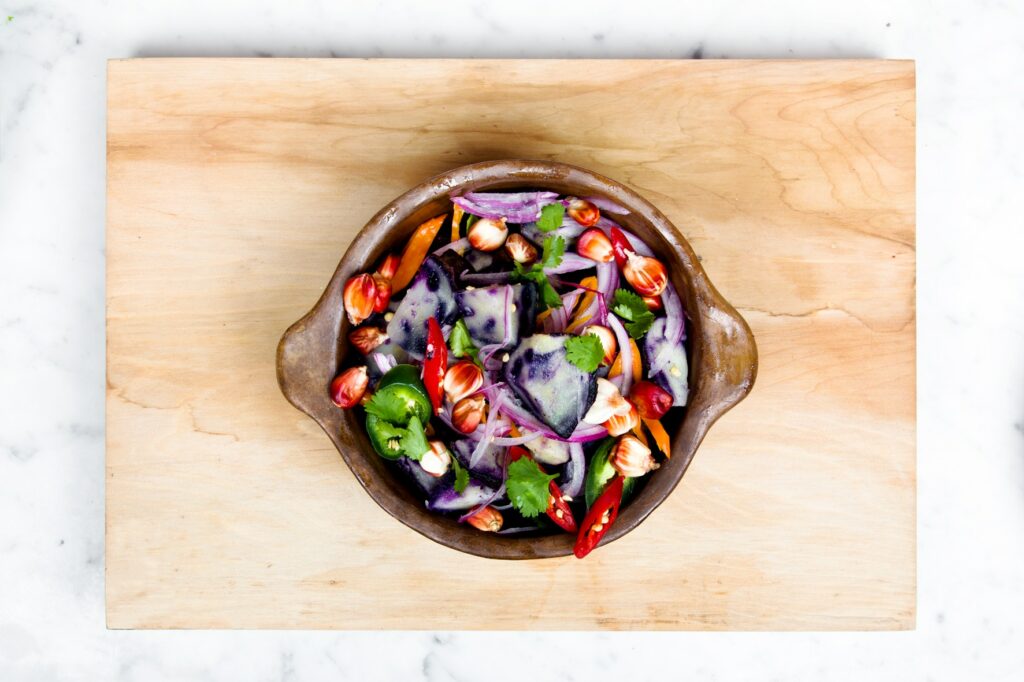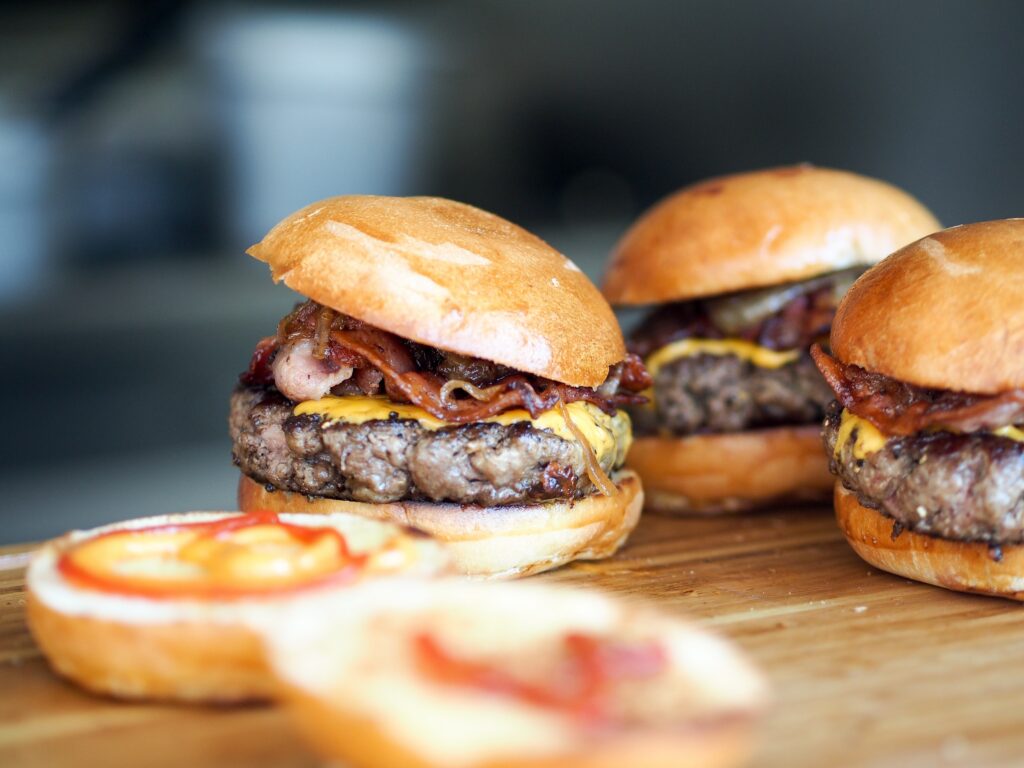Life Blog
Cutting-edge information and tips for creating health in all areas of life – wellness, nutrition, fitness, attitude, and relationships

June 27, 2024
Is Stress Affecting Your Weight? How to Manage Your Mindset for Weight Loss
Globally, health experts agree that incidences of stress and obesity are rising. In the US, recent studies show that up to 1 in 5 adults often or always feel lonely, anxious, or depressed. Similarly, obesity is growing rampant, with two-thirds of all adults in the US qualifying as such. As it happens, the fact that these two issues are on the rise at the same time is no coincidence. Health experts have found that excess weight and heightened stress levels perpetuate a toxic cycle, where one encourages the development and progression of the other. This is concerning since the World Health Organization (WHO) notes that obesity-related complications are responsible for nearly three million deaths from around the world every year. With this in mind, it’s important to understand how stress and weight are connected and how to cultivate a positive weight-loss mindset. Where weight and stress meet Although stress is primarily mental and weight is physical, they are undeniably linked, where one’s symptoms manifest in the other. To start, when the body is stressed, it causes hormonal changes. Chief among these fluctuating hormones is cortisol, which regulates the body’s fight-or-flight mode. During this period, the metabolism naturally slows. High cortisol levels also cause slower production of the hormone leptin, which controls feelings of satiety and hunger. Without enough of this, appetites can increase and lead to weight gain. Stress can also demotivate a person from pursuing weight management methods like diet and exercise. Meanwhile, eating is a self-coping method for…
Magnesium Can Reduce Stress And Help You Sleep
Magnesium is one of the most important minerals in the body but most of us don’t give it much thought. There are more than 300 chemical reactions in the body that require this mineral, and if that doesn’t get your attention, magnesium deficiency can cause physical and mental health problems. Several studies have shown that…
Learn MoreBreakfast: The Most Important Meal Of The Day?
How many times have you heard that breakfast is the most important meal of the day? Everyone, from talk show hosts to health care practitioners, seems to have an opinion on the matter. So let’s look at the research. How Important Is Breakfast? There are many conflicting studies on this subject. A study published in…
Learn MoreHow To Take Proper Care Of Your Contact Lenses
There are forty-one million estimated contact lens wearers in the United States according to the CDC, and almost of all them practice at least one behavior that puts their eyes at risk.[1] Contacts are very convenient. You don’t have to worry about them jiggling around on your face, falling or breaking when you’re going…
Learn MoreSomething Nasty and Dangerous Could Be Lurking in Your Refrigerator
When was the last time you cleaned your fridge and threw out all of the old, or questionable, food? If you’re like most people, it’s probably been a while. Deep cleaning the refrigerator is a task most people dread, which is why many of us don’t do it as often as we should. The average…
Learn MoreKeeping Your Bones Strong As You Grow Older
55% of Americans over the age of 50 have osteoporosis or low bone mass. That’s more than 40 million people! Osteoporosis is a condition that makes bones brittle, greatly increasing the risk of fractures. It is, therefore, no surprise that about 75% of hip, spine and forearm fractures occur in older adults, especially post-menopausal women….
Learn MoreChronic Pain: Is It All in Your Head?
The only thing worse than being in pain is being told that “it’s all in your head.” Sadly, people who suffer from chronic pain are often surrounded by family, friends and physicians who don’t believe they’re in pain. Since pain is invisible, it’s quite common for these people to appear “normal” even when in pain….
Learn MoreCaring for Acne Prone Skin
According to the American Academy of Dermatology, acne is the most common skin condition in the United States, affecting fifty million people. If you have acne, you probably get your share of unsolicited advice about how to take care of your troubled skin. You’ve heard it all from “don’t eat fatty foods” to “exfoliate daily…
Learn MoreDo More Without Burning Out
Modern life is extremely demanding. More people that ever before are being stressed beyond their limits. We are working exceptionally long hours and putting extreme pressure on ourselves to succeed in all areas of our lives. Between work and family, there’s very little time left for self-care; and many of us are so physically…
Learn MoreIs Late Night Snacking Really That Bad For You?
There’s no shortage of nutrition experts who believe that late night snacking is bad for your health and causes weight gain. According to them, all late night snacks are a complete no-no, even healthy ones. On the flip side, some experts believe that late night snacking increases your metabolism and helps burn calories. To them,…
Learn MoreAre Raw Foods Safer and Healthier?
You’ve probably heard about the raw food diet, which involves eating mostly raw and unprocessed foods. Refined and pasteurized foods are completely out of the question, so the diet is made up of mostly fruits, vegetables, seeds and nuts. Those who support this diet claim that the process of cooking food destroys enzymes and nutrients….
Learn MoreSpending Enough Time Outdoors?
Most of us spend our workdays indoors under artificial lights in front of a computer screen. Then we go home and plop down in front of the TV continuing to bask in the glow of yet another screen. Unfortunately, so much time spent inside is having a negative effect on our physical and mental health….
Learn MoreThe Truth About Cholesterol
There’s so much confusion surrounding dietary cholesterol. Some people believe it’s harmful and should be avoided at all costs, while others believe it’s totally fine. Cholesterol is essential for good health. The liver actually produces cholesterol, which aids in the production of essential hormones, bile and vitamin D. So, why does cholesterol get such a…
Learn More











